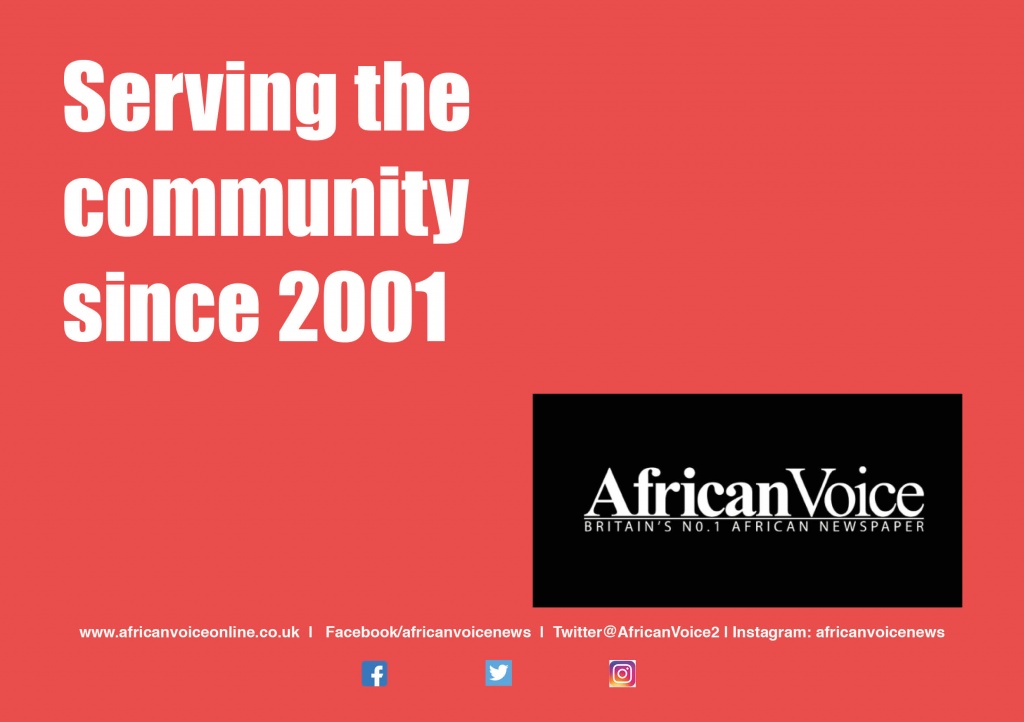


The Minister for Equalities, Kemi Badenoch, on 2 September led a discussion between frontline midwives, medical experts, academics, and regional health representatives to tackle Black, Asian and minority ethnic (BAME) maternal mortality.
Maternal mortality now occurs in fewer than 1 in 10,000 pregnancies, but the disparity between Black women and White women has widened.
The NHS is the safest place in the world to have a baby and giving birth is now safer than it was 10 years ago. Since 2010, despite increases in certain risk factors, outcomes for mothers and babies have improved:
Stillbirths are down 21%, reaching the 20% fall target two years early. Perinatal mortality is down 15% and Maternal mortality is down 14%.
Tragic maternal deaths now occur in fewer than 1 in 10,000 pregnancies. 209 mothers died in the UK from pregnancy-related causes from 2015 to 2017. During this period more than 2.2 million women gave birth in the UK.
Evidence points to a concerning disparity in maternal mortality between Black women and White women. Black British mothers are five times more likely to die in pregnancy or six weeks after childbirth, than White women. Women of mixed ethnicity have three times the risk, and Asian women almost twice the risk. BAME women are also at an increased risk of having a pre-term birth, stillbirth, neonatal death or a baby born with low birth weight.
Government is committed to tackling these concerning statistics. That’s why we have set up a new model of community hubs, which bring a range of perinatal and sometimes intrapartum care services together in one setting closer to women’s homes to identify potential problems sooner. They have been opened across the country, with over 100 new hubs open as of December 2019.
The aim is to half stillbirths, maternal mortality, neonatal mortality and serious brain injury by 2025. Recommendations from the landmark National Maternity Review: Better Births are being implemented through Local Maternity Systems – bringing together the NHS, local authorities and other local partners to ensure mother and baby receive seamless care.
Minister for Equalities Kemi Badenoch said: “The government takes the issue of maternal mortality very seriously. We have brought the numbers down significantly and want mothers and children of all backgrounds to know we continue to do more. Not just closing the disparity in risk between mothers of different ethnicities, but working together to ultimately end maternal mortality for good.
“Whoever you are and wherever you live, the birth of a child should be a wonderful, momentous time for a mother and her family.
“Today I am meeting academics, health experts, midwives on the ground, and regional health leaders, so we can work together to protect women and their children.”
Minister for Patient Safety, Suicide Prevention and Mental Health Nadine Dorries said: “It’s completely unacceptable for women to experience greater risk of poor outcomes during their pregnancy, or after giving birth because of the colour of their skin.
“I am determined to work with the NHS to tackle health inequalities and make sure BAME women receive high quality care.
“We recently launched a £3.3 million Health and Wellbeing Fund as part of our ongoing work to improve outcomes for mothers and young children in deprived areas or from BAME backgrounds.
“Today’s discussion will be crucial in making sure we go even further to ensure mothers and babies from ethnic minority backgrounds get the care they deserve.”
Alongside the discussion, three expert academics also presented on the existing research base and what solid evidence exists, including findings on disparities in maternal health outcomes beyond mortality statistics.
Actions have already been put in place as part of the NHS long Term Plan, which aims to achieve 50% reductions in stillbirth, maternal mortality, neonatal mortality and serious brain injury by 2025. These include:
- implementing a new carer model which will see 75% of women from BAME communities receiving continuity of care from their midwife throughout pregnancy, labour and the postnatal period
- programmes supporting mental health for mothers, including care provided by specialist perinatal mental health services, which will be available from preconception to 24 months after birth
- a Perinatal Mortality Review Tool, which is now used by all maternity providers, supporting high quality reviews of the circumstances and care leading up to stillbirth and neonatal death.
List of attendees: Minister Nadine Dorries, Minister for Patient Safety, Suicide Prevention and Mental Health – Department of Health and Social Care, Professor Jacqueline Dunkley-Bent – England’s Chief Midwifery Officer, Professor of Midwifery at King’s College London and London South Bank University, Professor Marian Knight – Professor of Maternal and Child Population Health at the Nuffield Department of Public Health at the University of Oxford. Leads the MBRRACE-UK national confidential enquiries into maternal morbidity and mortality. Dr Jenny Douglas – Senior Lecturer in Health Promotion at the Open University, Chair and Founder of the Black Women’s Health and Wellbeing Research Network, Dr Christine Ekechi – Clinician, Academic and Consultant Obstetrician and Gynaecologist at Imperial College London, Hannah Lynes – Acting Chair of Maternity Voices Partnership, NHS England, Sandra Guise – Chair West Cumbria Maternity Voices Partnership (MVP); Chair Carlise & Eden MVP; Co-chair Northeast & North Cumbria Clinical Network Maternity Engagement Group, Dr Edward Morris – President of the Royal College of Obstetricians and Gynaecologists, Stephen Hall – Special Adviser to the President, Royal College of Obstetricians and Gynaecologists, Dr David Churchill – Professor of Obstetrics, Honorary Research Fellow – National Perinatal Epidemiology Unit, University of Oxford, Janet Fyle – Registered midwife, nurse and Policy Advisor at Royal College of Midwive, Wendy Olayiwola – Senior midwife and continuity of carer lead, Barts Health, Daghni Rajasingam – Consultant obstetrician with a specialist interest in high risk maternal care, Guy’s and St Thomas’ Hospital, Rt. Hon. Professor Lord Ajay Kakkar – Professor of Surgery, University College London and Aliya Fazil – Service User Co-Chair, Bradford MVP.

Kindly follow us on twitter:@AfricanVoice2











